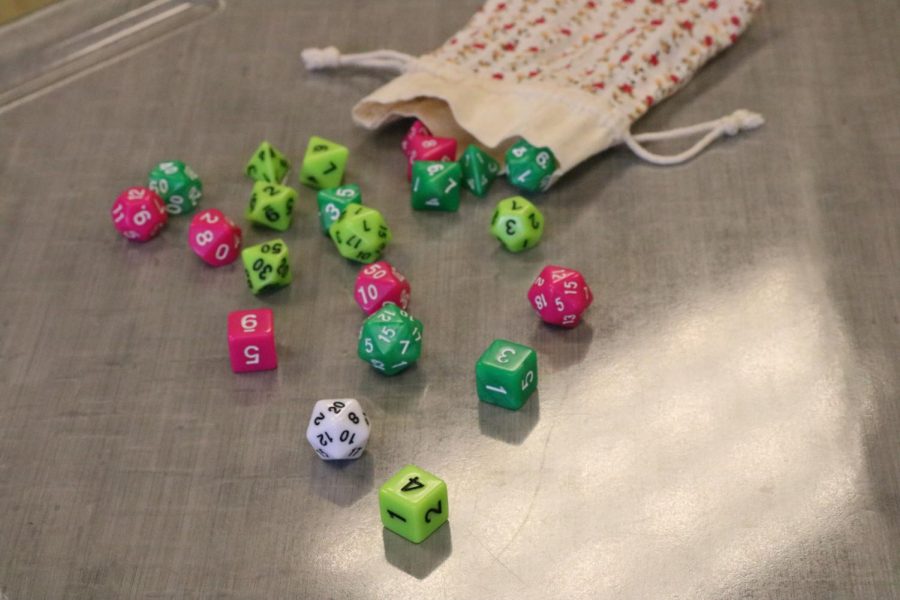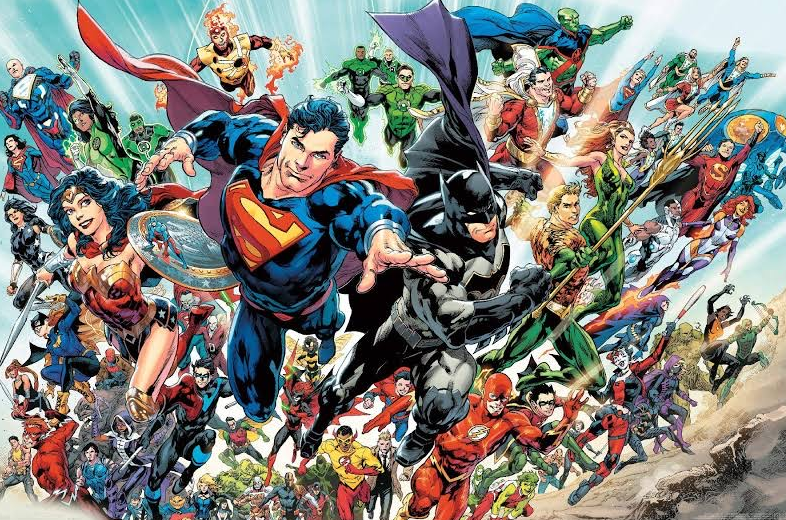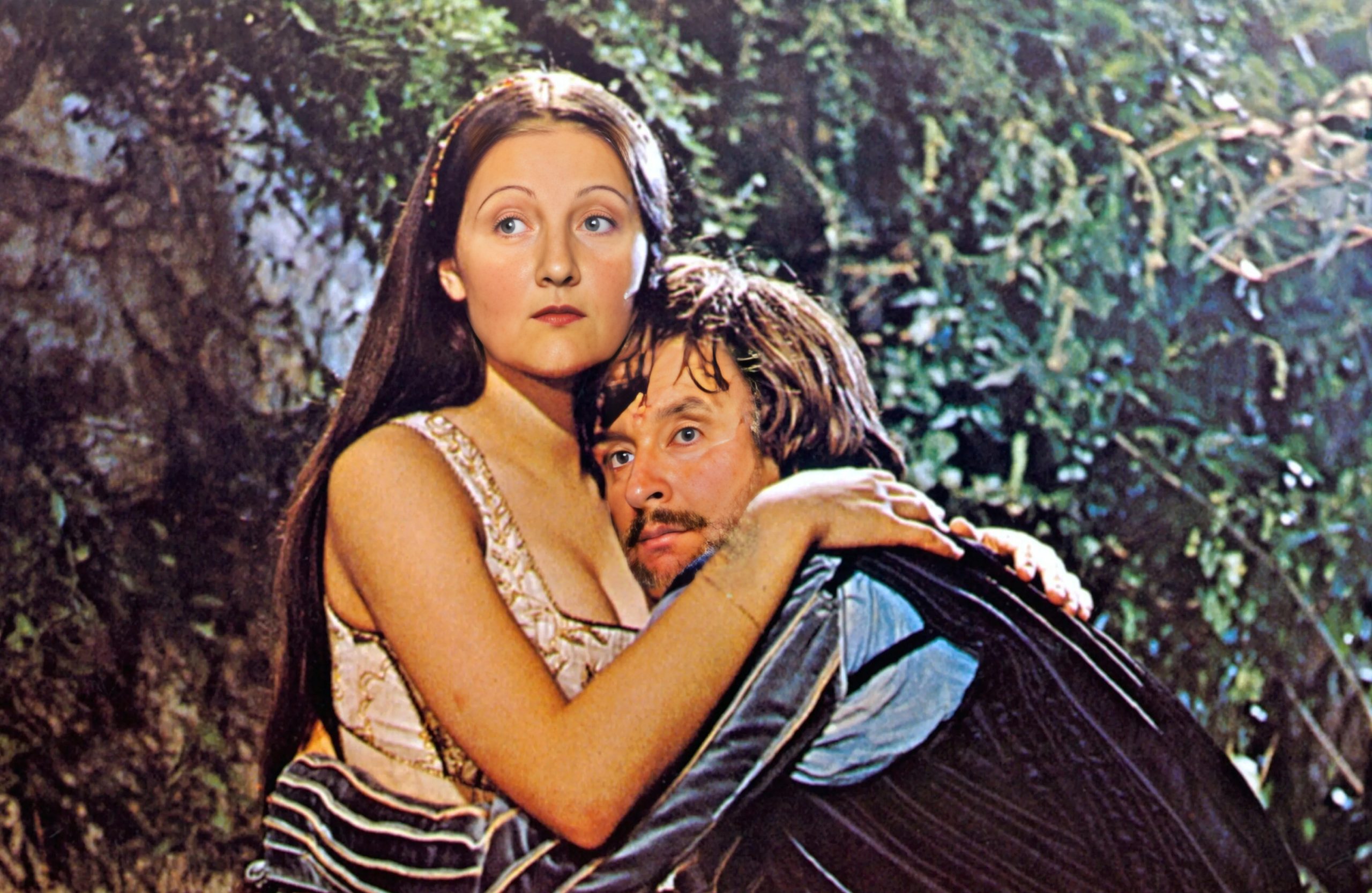A New Dungeon Masters Guide: Storytelling and Party Guide
Combining storytelling with game mechanics is key to a successful campaign.
February 25, 2022
Often the most asked question for experienced Dungeon Masters, or DMs, in DnD is “How do you come up with and develop the plot lines”? The magical, but very hard, part is putting DnD mechanics into the story and making it cohesive.
You need a good list of every possible situation but, from experience, the party will always throw a curveball, like asking about nuclear physics and how to seduce the nearest dragon.
Gathering materials and writing the basis for your story is the beginning. Your player’s characters get placed in the story when you start your session, not when you write it. You just need NPCs, settings, End goals, and the really important thing, a good store of Patience to start out a campaign.
If you want to keep your party on track without seeming rude, try moving things they want to get to, like a tavern, as Inn, or anything your party wants to go to. The key is to let them have fun while holding them to the plot lightly, reminding them of canons, things that are true with their characters and world, in the plot.
It doesn’t have to be in the town, just on the path to it, or around it! Incentivise everything with easily distracted parties, as well. If the party avoids the dungeon you made that holds the final piece of your adventure, hold off on it! They can come back when they get the things they want.
Incorporating Dnd mechanics into the plot is hard at first, but it gets easy.
Examples of what a good dungeon master does is keep calm, and make some checks on stats. Does the party want to adopt a pet? Ok, Animal Handling checks for everyone. Average the numbers, you roll your 20 sided dice (D20). If the average is above or equal to your roll, then that means they pass.
There’s a dark cave? Everyone makes a Perception check to see if they see anything in the cave. Do they need a certain plant for a potion? See if they have it in their inventory first, then have them forage. Roll the D20 and make a Perception check. If they find it, they can store it or use it later.
A dungeon master can make or break the player’s experience and a good one can paint a picture of what the room looks like, how the enemies move and act, and it truly brings the game to life.
The key to being a calm and collected dungeon master is to keep the room loose and fun. If you’re focused on the main plot and the party goes off and does something else, it can suck but keeping that fun energy can help you look on the bright side of the diversion.
DnD is about cool dragons and fun adventures with friends! Have a good time with it and don’t give up because one player didn’t like your DMing style.
That’s their problem, not yours!












